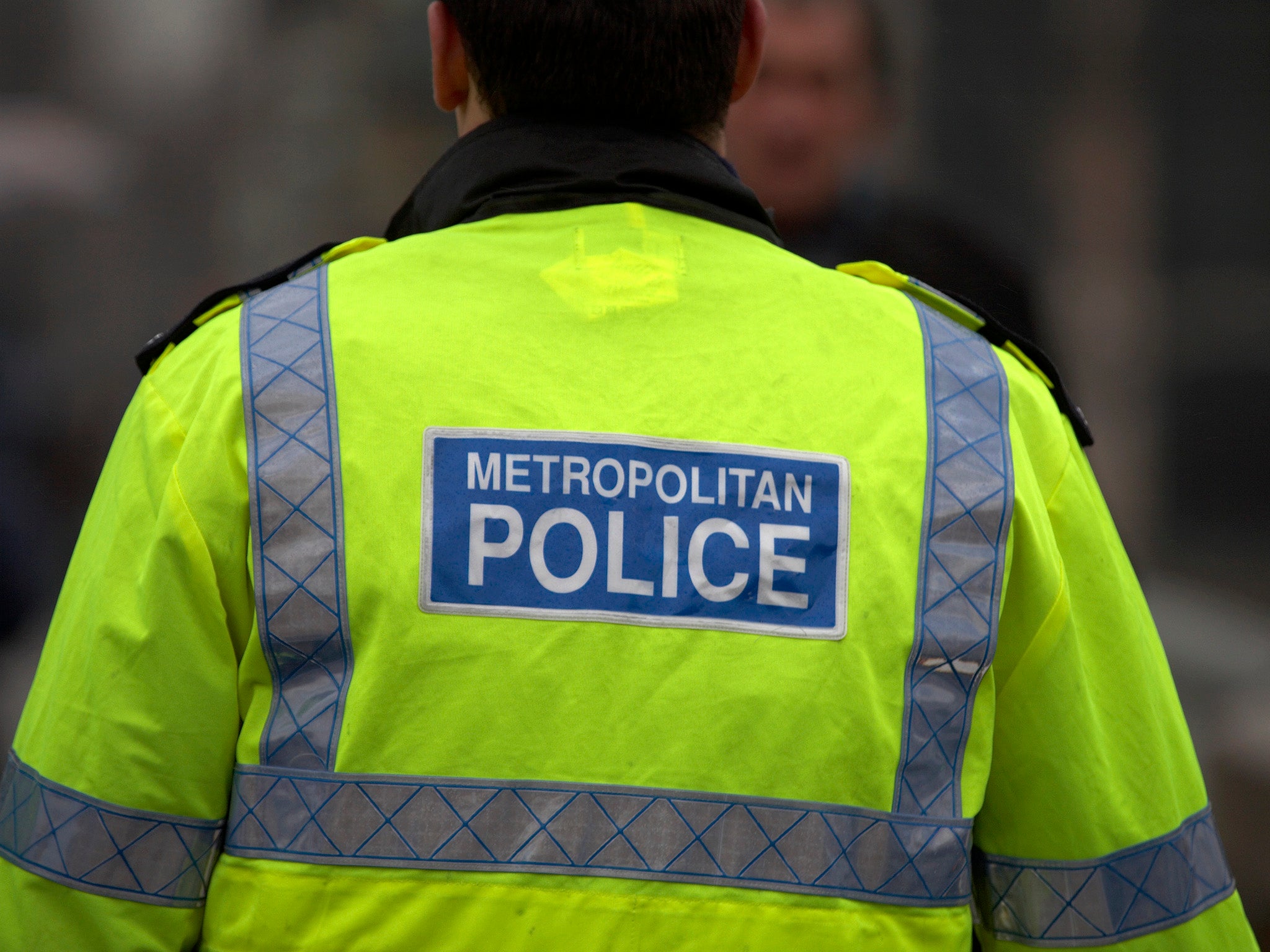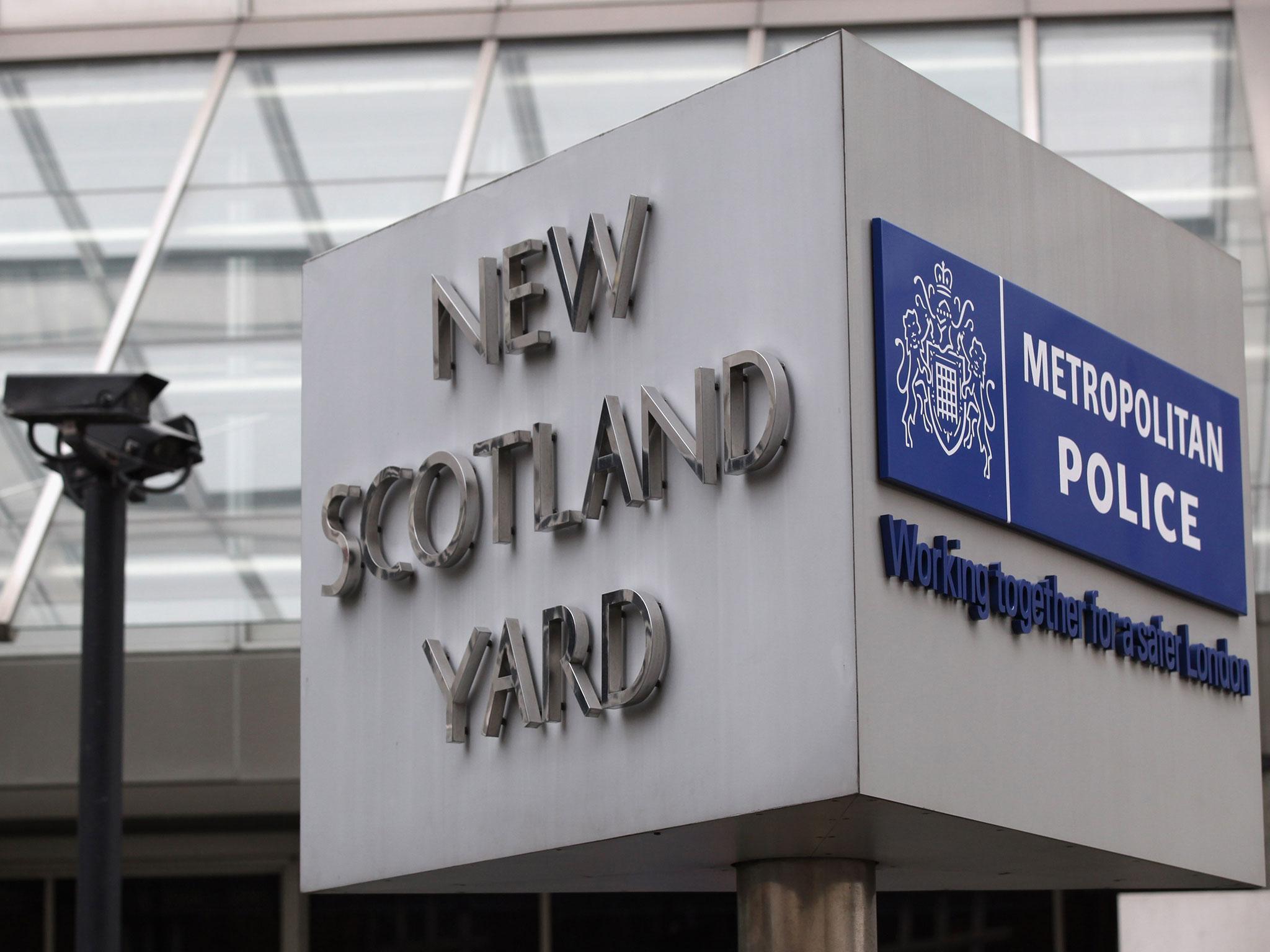Rapists could attempt to overturn convictions amid growing scandal over police disclosure failures, lawyers warn
Criminal Bar Association claims police and prosecutors harbouring 'unconscious bias' against accused sex offenders

Scores of convicted rapists could attempt to overturn their convictions amid a growing row over police failing to present all evidence to court, lawyers have warned.
Scotland Yard is urgently reviewing around 30 live sexual offence and child abuse investigations after its officers failed to disclose evidence that should have stopped Liam Allan and Isaac Itiary ending up in court.
Both investigations were led by the same officer, who remains on full duty, but lawyers say a mounting “crisis in the system” is threatening to cause miscarriages of justice across the country.
“We have been warning for many years that disclosure failures and lack of resources will lead to miscarriages of justice,” said Angela Rafferty QC, chair of the Criminal Bar Association.
“We fear unconscious bias stops the police and Crown Prosecution Service (CPS) impartially and thoroughly investigating and scrutinising complaints in sexual offence cases.
“It is not the job of the police or CPS to judge the truthfulness or otherwise of any allegation made.”
Robin Murray, former vice chair of the Criminal Law Solicitors Association, said that although rape cases had sparked the scandal, disclosure issues “apply to everybody”.

“This is about criminal justice in every case – every one is now potentially a land mine of failed disclosure,” he told The Independent.
“It’s the hidden cases we don’t know about. How do defendants know if they’re the victim of the withholding of vital evidence?
“It’s impossible to say how many convictions might be unsafe.”
Mr Allan is launching legal action, and representatives of Mr Itiary, a 25-year-old father, said he was was considering recourse for “failings” that kept him in custody for four months.
Solicitor Sundeep Pankhania and barrister Mary Aspinall said the need to access phone messages was raised repeatedly in court as far back as August, as well as in written correspondence.
“Disclosure in this case has been disjointed, piecemeal and in contravention of repeated court orders,” said a joint statement which claimed that some evidence had still not been shared with the defence.
“The delay is not only gravely concerning but also unconscionable and in contravention of the ongoing duty of disclosure, particularly of a defendant remanded in custody.”
Mr Allan is also launching legal action against the Metropolitan Police and there are warnings of a slew of appeals from prosecuted rapists and sexual offenders seeking grounds to argue their convictions were unsafe.

Police are legally obliged to examine all evidence from all participants in a case and pass it on to lawyers, whether it supports or hinders prosecution.
Julia Smart, who represented Mr Allan, told The Independent defence teams were routinely having to “fight to get” evidence investigators should have already reviewed.
Another trial has been paused after 50,000 phone messages were revealed, she said, adding: “Police officers must understand their duty to investigate, and that means if it takes time to look through this material, they must do it.”
Theresa May backed the inquiries in the House of Commons as the scandal grew on Wednesday, telling MPs: “I think it is important that we look at this again to make sure that we are truly providing justice.”
She said the Attorney General had already initiated a review on the issue before Mr Allan’s and Mr Itiary’s unrelated cases were thrown out within a week.
In both cases, police had downloaded the contents of claimants’ phones but failed to pass on the information they contained to the prosecution or defence.
Mr Itiary was charged with the statutory rape of a 14-year-old girl but messages showed she had claimed she was 19, while Mr Allan’s alleged victim had told friends she wanted and enjoyed sex she later reported as rape.
After the new evidence was released at the request of defence lawyers, the CPS decided to offer no evidence against the defendants and they were acquitted.

Dominic Raab, a justice minister, said it was “absolutely right” for Scotland Yard to carry out a review, adding: “The basic principle of British justice is at stake.”
Nigel Evans, a Conservative MP who was acquitted of sexual offence charges in 2014, renewed calls for accused rapists to be granted anonymity until “at least” being charged.
“There are two cases which have collapsed with this one particular police officer but when you listen to barristers, they tell me that this is something that is systemic within the judicial system,” he told Sky News.
“I don’t believe the Attorney General would have embarked on his own review of disclosure had he not believed there was a real problem at the heart of the British judicial system.”
Mr Evans called on the Government to “urgently look at” providing resources to meet the rising number of sexual abuse reports, the day after it sparked anger by demanding police take more money from council tax to generate an increase in funding.
While publicly apologising over Mr Allan’s case, Alison Saunders, the Director of Public Prosecutions, said cost considerations “play no part in decisions” over disclosing evidence.
But police officers and prosecutors interviewed by independent inspectors said they believed limited resources and a lack of time were the main causes, even though “long-standing” problems predate recent budget reductions.
A report issued in July by HM CPS Inspectorate and HM Inspectorate of Constabulary said even unused items of evidence must be reviewed by police, “to see whether it is capable of undermining the prosecution case or assisting the defence case”, and passed on.
Warning of widespread failures by both police and prosecutors, the authority said officers failing to comply with requirements were “often ignorant” of their disclosure responsibilities.
“Non-compliance with the disclosure process is not new and has been common knowledge amongst those engaged within the criminal justice system for many years,” the damning report concluded. “Until the police and CPS take their responsibilities in dealing with disclosure in volume cases more seriously, no improvement will result and the likelihood of a fair trial can be jeopardised.”
Scotland Yard said it was reviewing every live case being investigated by Child Abuse and Sexual Offences Command “as a precaution” to ensure that all digital evidence has been properly examined, documented and shared.
Commander Richard Smith, who oversees rape investigations in the Metropolitan Police, said the force was “completely committed to understanding what went wrong” in a joint review with the CPS on Mr Allan’s case.
“Rape investigations are by their nature very complex, and often hinge on the contradictory accounts of the alleged suspect and the complainant about what has taken place,” he added. “We are reviewing all our investigations, where we are in discussion with the CPS, to assure ourselves that we are meeting our disclosure obligations in an acceptable timescale based on the volume of data that some cases involve.”
Campaigners emphasised that false rape allegations are rare in comparison to the publicity they receive, with the crime believed to be severely underreported.
Rachel Almeida, from Victim Support, said: “We are aware that false claims of this nature can cause significant harm to those accused, however it is important to highlight that untrue claims of rape are incredibly rare.
“Extensive research has shown this to be the case and that false reporting is actually lower for rape than for other offences.
“Inflated perceptions of false allegations of rape may cast undue doubt on the credibility of victims’ claims and further deter them from coming forward.”